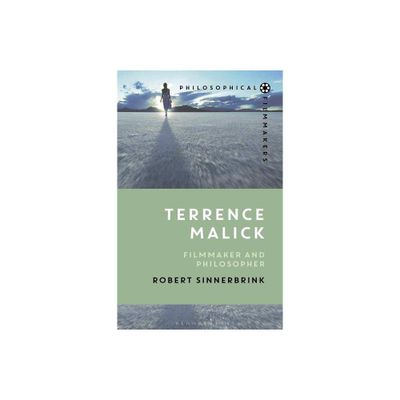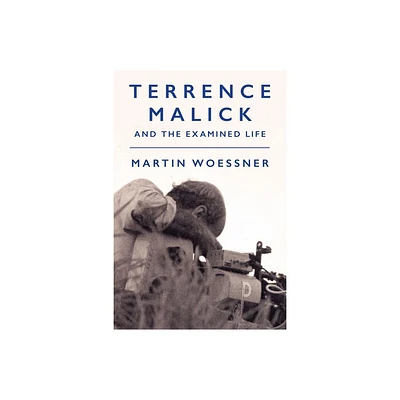Home
Terrence Malick and the Thought of Film
Loading Inventory...
Barnes and Noble
Terrence Malick and the Thought of Film
Current price: $128.00


Barnes and Noble
Terrence Malick and the Thought of Film
Current price: $128.00
Loading Inventory...
Size: Hardcover
*Product Information may vary - to confirm product availability, pricing, and additional information please contact Barnes and Noble
As the director of
Badlands
,
Days of Heaven
The Thin Red Line
, and
The New World
, Terrence Malick has created a remarkable body of work that enables imaginative acts of philosophical interpretation. Steven Rybin's
Terrence Malick and the Thought of Film
looks closely at the dialogue between Malick's films and our powers of thinking, showing how his work casts the philosophy of thinkers such as Stanley Cavell, Martin Heidegger, Walter Benjamin, André Bazin, Edgar Morin, and Immanuel Kant in new cinematic light. With a special focus on how the voices of Malick's characters move us to thought,
offers new readings of his films and places Malick's work in the context of recent debates in the interdisciplinary field of film and philosophy. Rybin also provides a postscript on Malick's recently-released fifth film,
The Tree of Life
.
Badlands
,
Days of Heaven
The Thin Red Line
, and
The New World
, Terrence Malick has created a remarkable body of work that enables imaginative acts of philosophical interpretation. Steven Rybin's
Terrence Malick and the Thought of Film
looks closely at the dialogue between Malick's films and our powers of thinking, showing how his work casts the philosophy of thinkers such as Stanley Cavell, Martin Heidegger, Walter Benjamin, André Bazin, Edgar Morin, and Immanuel Kant in new cinematic light. With a special focus on how the voices of Malick's characters move us to thought,
offers new readings of his films and places Malick's work in the context of recent debates in the interdisciplinary field of film and philosophy. Rybin also provides a postscript on Malick's recently-released fifth film,
The Tree of Life
.

















